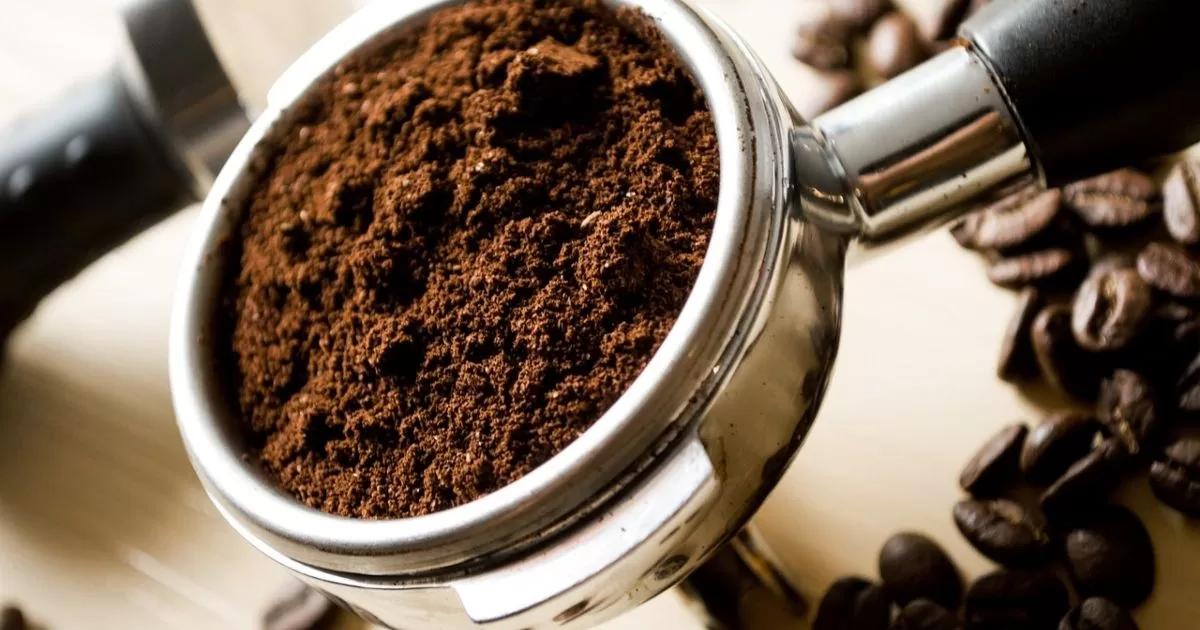CANBERRA.- Researchers from Australia point out that waste from café carbonized can serve to strengthen up to 30% the concrete necessary for the construction market. constructionaccording to the preliminary results of the investigation that advance.
The discovery can contribute to making concrete sand more durable and, at the same time, also resolve the fate of organic waste that constitutes a serious problem for the environment, as it contributes to driving climate change.
With the research, scientists from the Royal Melbourne Institute of Technology, RMIT, try to put two realities in tune. On the one hand, take advantage of 10 billion kilograms of coffee waste that is produced every year in the world, most of which ends up in landfills.
And on the other hand, contribute to satisfying the great global demand for good quality concrete in the construction market, which requires resources and generates other environmental challenges.
The researchers aim with the study to guarantee a sustainable life cycle for all materials and prevent them from ending up in landfills to minimize the impact on the environment, they said.
Coffee waste, environmental issue
“The disposal of organic waste poses an environmental challenge as it emits large quantities of greenhouse gases, including methane and carbon dioxide, which contribute to climate change,” explains RMIT University engineer Rajeev Roychand on the portal. Sciencealert.com.
Faced with this, there is a challenge in the construction area to maintain a sustainable supply of sand, mainly due to the nature of the resources and the environmental impact of extraction, indicates the specialist.
“With a circular economy approach, we could keep organic waste out of landfills and also better preserve our natural resources like sand.”
Best concrete for construction
Coffee residue or grounds can make concrete stronger, but the process is not easy. ”Organic products like coffee grounds cannot be added directly to concrete because they leach chemicals and weaken the strength of the concrete,” argued Roychand, who teams up with engineer Shannon Kilmartin-Lynch.
Consequently, he added, these must undergo a process with low energy levels and heat the coffee waste to more than 350 ° C (around 660 ° F), which is called pyrolization. This consists of breaking down organic molecules and obtaining a porous, carbon-rich charcoal called biochar.
Despite the advances, the researchers cautioned that they still need to evaluate the long-term durability of their cement product and are working to test how the brown-cement mixture behaves under freeze/thaw cycles, water absorption, abrasions and many more. stressors, to ensure results, according to the portal.
Source: With information from Sciencealert.com



